ATMs in Germany - Can I Use My Australian Debit & Credit Cards In Germany?
Is Germany, with its rich history, buzzing cities, and picturesque countryside, calling your name? As you plan your journey through Berlin, fairytale castles, and scenic river valleys, one question may be in the back of your mind: Can you use your Australian debit and credit cards at ATMs in Germany?
This is a fair question, too, and it's a practical concern that can make or break your travel plans. But don't worry, at Crown Currency Exchange, we've got you covered! Below, you'll find all of the information you need about using German ATMs, including any fees you may incur, helping to keep your finances in check and allowing you to focus on enjoying every moment of your German adventure.
Safety and Security Tips for Using ATMs in Germany

Given all of the potential fees, taking cash with you to Germany is the sensible option. But, if you find you absolutely need to use an ATM, it's really important that you do safe as safely as possible. Here are our top tips for remaining safe and secure while you're using a German ATM.
Stick to Bank ATMS
Not only does it make better financial sense to use a bank ATM, but cash machines located inside reputable banks can offer an added layer of security. This is because there are usually security staff on hand, meaning the ATMs are constantly monitored and are far less likely to be tampered with, providing a safer environment for conducting your transaction.
Stay Vigilant
While using an ATM, look around and make sure you feel confident there isn't anything untoward happening in the area. If you feel uneasy or notice anything suspicious, it's much better to find another ATM, or if that's not possible, return later with a companion.
Protect Your PIN
Your PIN is your first line of defence against credit card fraud, so when you're entering it into the ATM, use your free hand or your body to shield the keypad and the screen. Doing this reduces the risk of anyone being able to see it or record it.
Secure Your Cash Immediately
After your transaction, quickly secure your cash and card before you leave the ATM. Also, avoid counting your money out and, instead, wait until you're back in your hotel room or in a private space to check your funds, as doing this reduces the risk of drawing attention to yourself.
Planning Tips for Your Trip to Germany

Knowing whether you can use German ATMs (and what you'll be charged when doing so) is just one part of planning for your trip to Germany, and there are some other important things you need to look into before your visit. Below, you'll find some of our top planning tips!
Visa Essentials
If you're an Australian citizen, you're in luck! You can stay in Germany for up to 90 days within a 180-day period without needing a visa. The only thing you need to ensure is that your passport has at least three months of validity beyond your stay.
Managing Your Budget
Germany offers a range of experiences for all budgets, but it's smart to plan ahead and create a daily budget that covers your accommodation, meals, transport, and activities. It's also a good idea to create a contingency fund on top of this, so you're covered for any unexpected expenses, or you can treat yourself to something you love!
Learn Basic German
Attempting to speak a country's native language while you're travelling is always appreciated by the locals, and Germany is no exception. Pick up a phrase book and study some basic phrases before you leave, such as "Guten Tag" (Good day) and "Danke" (Thank you). This won't only help you navigate certain situations more easily, but will allow you to show your respect and appreciation for the local culture.
Insurance and Emergency Contacts
One thing you cannot visit Germany without is a good travel insurance policy! This is your safety net for medical emergencies, trip cancellations, and those unexpected surprises that travelling can bring. Whichever policy you choose, make sure it includes health coverage, especially if you're planning to ski in the Alps or bike through Berlin.
Also, in case of those emergencies you're travel insurance policy doesn't cover, have the contact details for the Australian Embassy in Berlin written down or saved to your phone. This will be your go-to if you lose your passport or find yourself in legal trouble.
Get Great Exchange Rates on Euros at Crown Currency
Whether you're planning to spend your days in Germany exploring the city or relaxing in the countryside, one thing is for certain - you're going to need some cash to fully enjoy the experience! Don't rely on ATMs or card payments, though. Instead, make life much easier and save some money by exchanging your Australia Dollars for Euros before you travel.
At Crown Currency Exchange, you'll find great rates on AUD to EUR with zero commission fees or hidden costs. Visit us at one of our many locations today, and let our expert team take all the stress out of your travel money needs and get you on the road to adventure!
FAQs
Can I Withdraw Money from ATMs in Germany?
Can I Withdraw Money from ATMs in Germany?

Yes, you can. In fact, withdrawing Euros from ATMs in Germany with an Australian debit or credit card is really easy, and Germany's extensive network of ATMs (known locally as "Geldautomat") ensures you'll rarely be far from a cash machine. Banks, shopping centres, train stations, and even some convenience stores all house ATMs, and as long as they display the logos for major international payment networks, such as Visa and Mastercard, your card will likely be accepted.
However, it's important to know that there are different types of ATM in Germany. As an Australian visitor to the country, your best bet is to use a bank-owned ATM (Deutsche Bank, Commerzbank, and Sparkasse) as these are more likely to accept a foreign payment card than independently-owned ATMS.
It's also very important to be aware of the potential fees associated with withdrawing cash from a German ATM. While many German ATMs, especially those owned by banks, do not charge an access fee, your own bank or credit card company may impose an International Transaction Fee for using the ATM.
This is one of the reasons we always recommend exchanging your money before your trip to Germany and taking cash with you. Not only will you not have to worry about navigating a German ATM, but you'll be keeping more money in your pocket by avoiding these expensive fees.
Differences Between German and Australian ATMs

Should you find yourself in a position where using a cashpoint is your only option, there are some key differences between German ATMs and Australian ATMs that you need to know about!
For starters, ATMs in Germany are most commonly located inside buildings, rather than on the street. This is important to keep in mind when hunting one down, as it can seem as though there aren't any around at all, but pop into a bank lobby or shopping centre and you'll likely find ATMs you're able to use.
Language is another thing you'll need to be prepared for when using a German ATM. Naturally, their default language is German, but many ATMs in Germany do offer the opportunity to switch to English. Doing this isn't too difficult, and you simply need to look for the option that says "Englisch", or to make things even easier, select the flag that reflects an English-speaking country.
Another difference between Australian and German ATMs is the fee structure. This will vary between each ATM, and while bank ATMs don't tend to charge a fee, independently owned ATMs are likely to. What's more, your own bank or credit card company might charge a fee for accessing your money abroad, which is something you won't be used to when using Australian ATMs.
What Are the ATM Fees and Charges in Germany?

Compared to some other countries around the world, the ATM fees in Germany aren't too expensive. However, they still exist, and it's important to know what they are before inserting your card!
In general, German bank ATMs do not charge foreign transaction fees, which is why they're the best choice if you need access to your cash. However, this doesn't mean you won't incur any fees at all, as your bank or credit card company is very likely to charge you an International Transaction Fee, which can be as high as 2.5% of the total transaction amount.
But what happens if you can't find a bank-owned ATM to use? In this case, you'll need to use an independently owned cashpoint, and these do charge ATM fees of around 1% of the total transaction.
This means withdrawing €200 Euros ($325 AUD) using an independently-owned German ATM could cost as much as €7 EUR ($11.40 AUD). Keep in mind, also, that these are fees you'll be charged per transaction, which means, over the course of your visit, you're racking up some pretty hefty charges.
Top Tip: Avoid ATM fees by exchanging your money before your trip to Germany and taking cash with you!
What Should You Do if Your Card is Lost or Stolen in Germany
Losing your card in Germany can easily disrupt your plans, but acting quickly can minimise the inconvenience and potential financial damage. The first thing you need to do is contact your bank or credit card company's emergency hotline to report the loss or theft and freeze your account.
Once that's done, you'll need to file a report with the local police if you believe your card has been stolen. This is essential for both security and insurance purposes, and it will be much easier to get back any money you've lost if you can provide your bank with this report.
Should You Take Cash to Germany?

Taking cash to Germany is a very smart move, as while Germany has a robust network of ATMs and card machines, cash is still King in many everyday transactions. In fact, many places prefer cash payments to card, so having Euros available to spend will make your life much easier.
Also, carrying cash can be a real lifesaver if you encounter any issues with your payment cards, such as temporary blocks. Not to mention, having a few Euros ready to spend means you aren't limiting yourself to where you can shop, and you'll be able to pick up some unique treasures from rural shops without the embarrassment of not being able to pay for them.






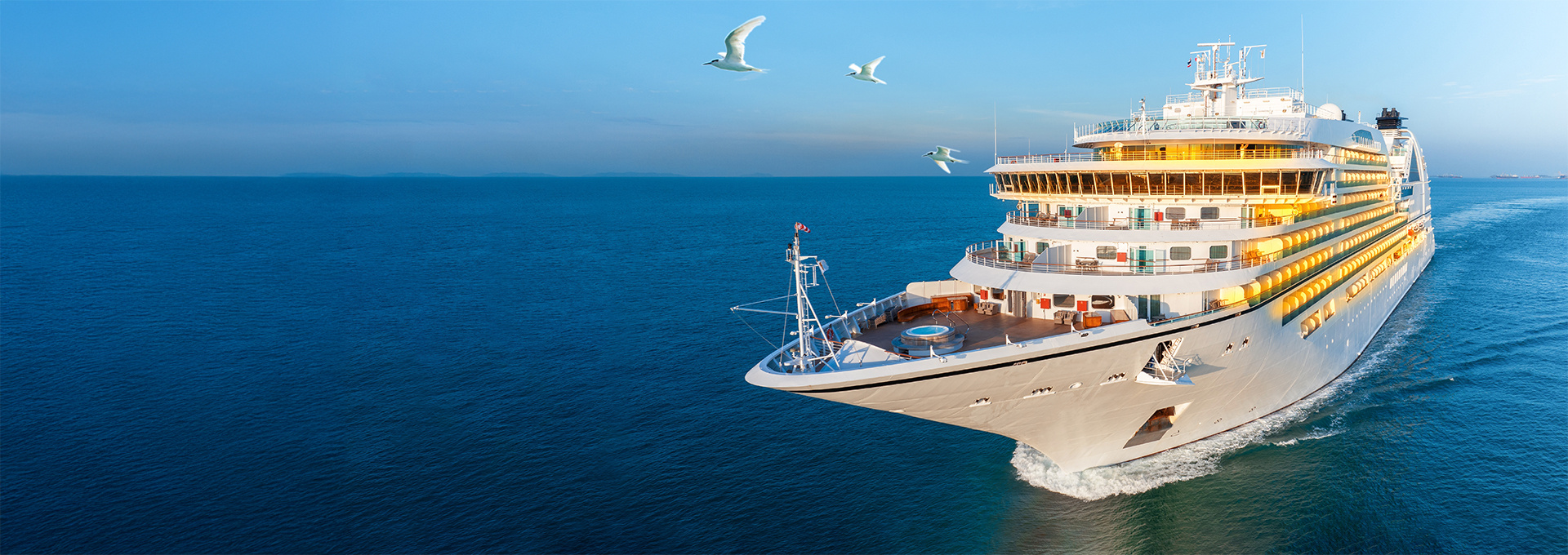






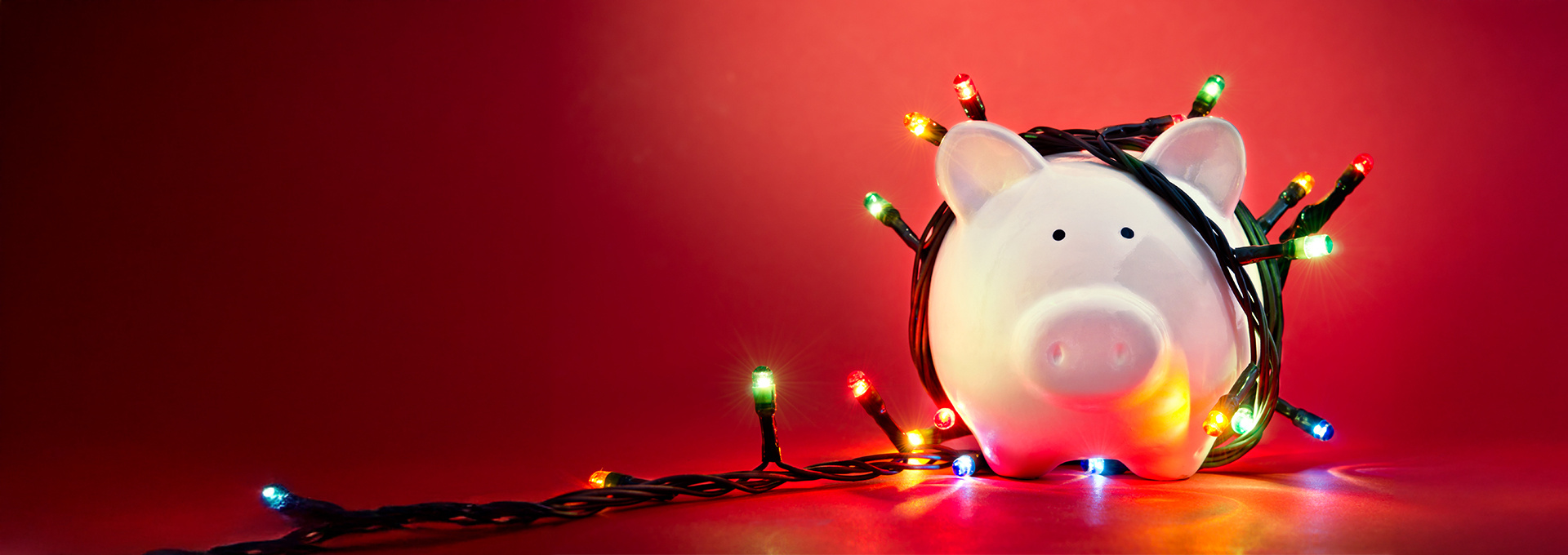

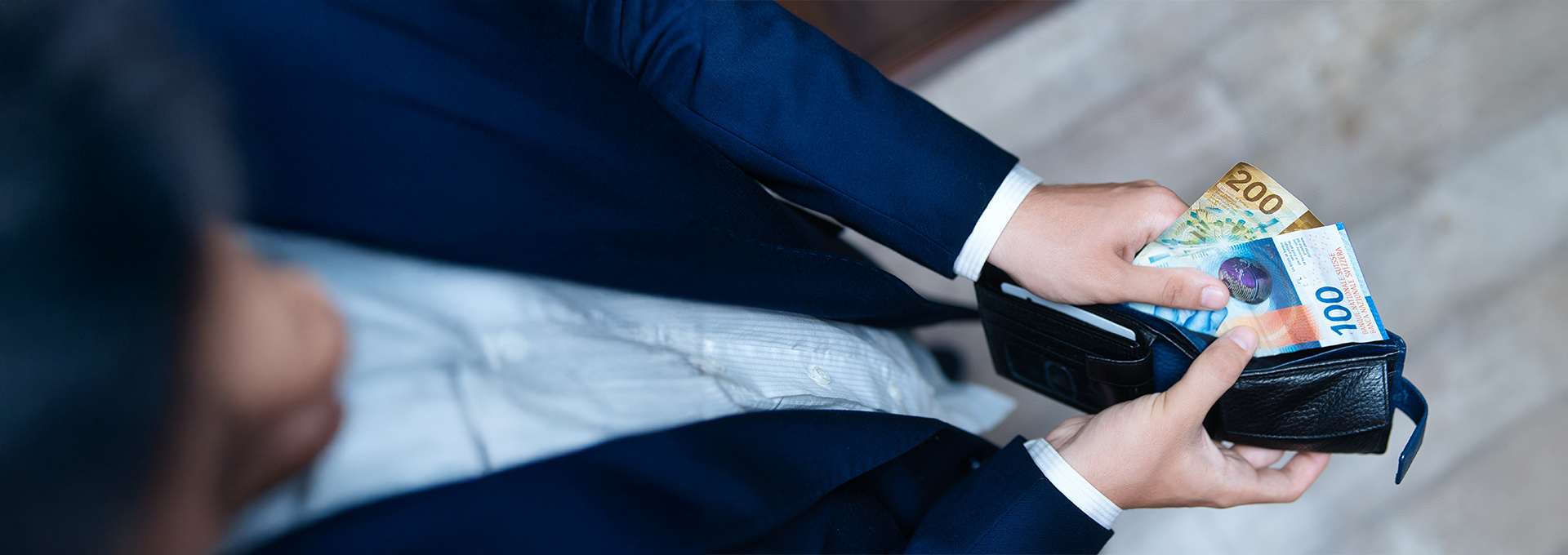



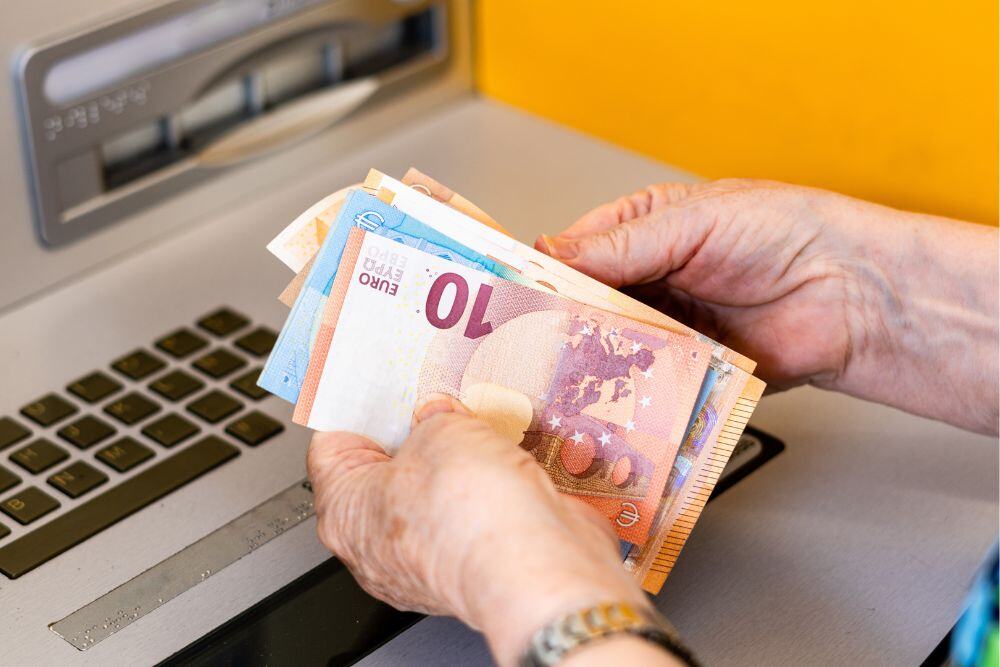

.png)

